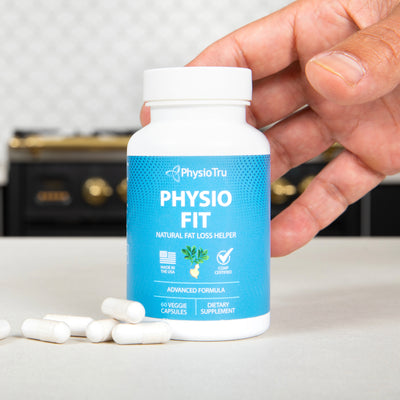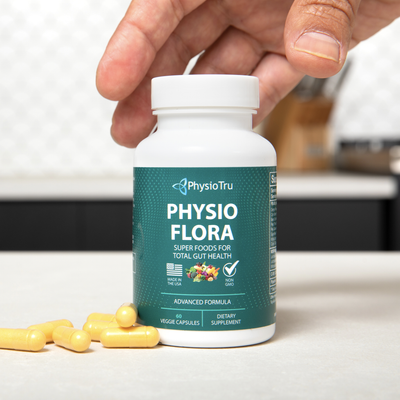Atrial fibrillation (A-fib) is a common heart rhythm disorder that can significantly impact a person's quality of life. While some risk factors for A-fib are beyond our control, there are proactive steps we can take to reduce the likelihood of developing this condition. In this blog post, we'll explore seven essential tips for preventing A-fib and promoting a healthy heart.
-
Maintain a Healthy Lifestyle: Adopting a healthy lifestyle is crucial for heart health. Regular exercise, a balanced diet, and maintaining a healthy weight can all contribute to preventing A-fib. Aim for at least 150 minutes of moderate-intensity exercise per week, and incorporate heart-healthy foods such as fruits, vegetables, whole grains, and lean proteins into your diet.
-
Manage Hypertension: High blood pressure is a significant risk factor for A-fib. Take proactive measures to manage your blood pressure by limiting sodium intake, reducing stress, exercising regularly, and following any prescribed medications or treatment plans.
-
Control Diabetes: Diabetes increases the risk of A-fib. Maintain a healthy blood sugar level through proper diet, regular exercise, and adherence to any prescribed medications or insulin therapy. Regular check-ups with your healthcare provider are essential for monitoring and managing your diabetes effectively.
-
Limit Alcohol and Caffeine Consumption: Excessive alcohol and caffeine consumption can trigger A-fib episodes. Limit your intake of alcoholic beverages, and if you choose to drink, do so in moderation. Similarly, reduce your caffeine intake, particularly if you notice it affects your heart rhythm.
-
Avoid Smoking: Smoking damages blood vessels, increases the risk of heart disease, and promotes A-fib. Quitting smoking is one of the most effective ways to prevent A-fib and improve overall heart health. Seek support from healthcare professionals or support groups to help you quit.
-
Manage Stress: Chronic stress can contribute to the development of A-fib. Find healthy ways to manage stress, such as regular exercise, mindfulness meditation, deep breathing exercises, or engaging in hobbies you enjoy. Prioritize self-care and make time for activities that help you relax and unwind.
-
Regular Check-ups and Screenings: Regular visits to your healthcare provider are vital for monitoring your heart health and detecting any potential risk factors or early signs of A-fib. Discuss your concerns and family history of heart disease with your doctor, and follow their recommendations for appropriate screenings and tests.
Conclusion: Preventing A-fib involves making positive lifestyle choices and actively managing underlying health conditions. By following these seven essential tips, you can significantly reduce your risk of developing A-fib and maintain a healthy heart. Remember, it's never too late to start prioritizing your heart health, so take action today and commit to a heart-healthy lifestyle. Your heart will thank you for it!





